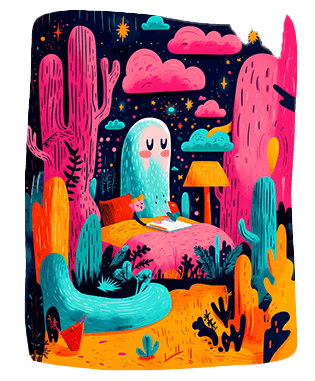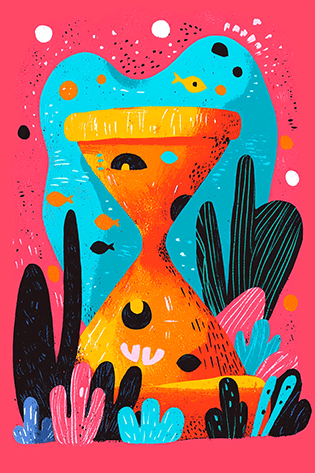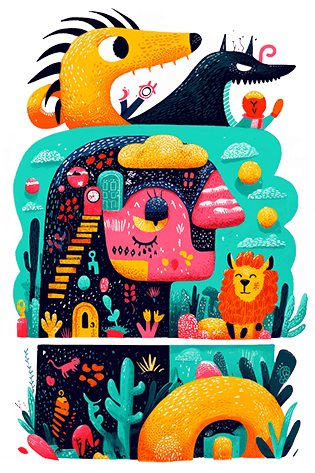
Freud's Dreamscape: Unveiling the Subconscious
Ever woken up from a dream so vivid it felt like a cryptic message from your own mind? You're not alone in this nocturnal puzzle. Sigmund Freud, the father of psychoanalysis, spent a good chunk of his life decoding the mysteries of human dreams. Let's take a stroll through the subconscious, illuminated by Freud's enlightening thoughts.
The Royal Road to the Unconscious
Freud famously referred to dreams as the 'royal road to the unconscious'. He believed that our dreams are a treasure trove of insights into our deepest desires and fears. In his seminal work, 'The Interpretation of Dreams', Freud introduced the world to the idea that dreams are not just random noise but meaningful messages from our unconscious minds.
According to Freud, dreams are the guardians of sleep. They serve as a psychic safety valve, allowing us to experience our repressed wishes in a disguised form. This is where the concept of dream symbolism comes into play. Freud argued that the content of our dreams – the actual storyline, if you will – is a façade. It's the latent content, the hidden psychological meaning beneath the surface, that's the real McCoy.
Deciphering Dream Symbols
Freud's approach to dream interpretation was akin to decoding a secret language. He suggested that certain objects and scenarios in dreams represent deeper, often unacknowledged, emotions and impulses. For instance, a dream about flying might not just be about the act of soaring through the skies but could symbolize a desire for freedom or escape.
But Freud's dream analysis wasn't a one-size-fits-all affair. He emphasized the importance of personal context. A symbol that represents one thing for you might mean something entirely different for another dreamer. This bespoke aspect of dream interpretation is what makes it both fascinating and infinitely complex.
The Dynamic Duo: Manifest and Latent Content
Freud divided dreams into two types of content: manifest and latent. The manifest content is the dream as you remember it – the storyline that plays out in your sleep. The latent content, on the other hand, is the underlying meaning, the censored version of your unconscious wishes that your mind has transformed into a more palatable dream narrative.
Imagine your dream is a theatre play. The manifest content is the script and the actors on stage. The latent content? It's the director's hidden message, the subtext that only the most discerning audience members will grasp.
The interpretation of dreams is the royal road to a knowledge of the unconscious activities of the mind.
Sigmund Freud
Freud's Legacy in Modern Dream Analysis
While some of Freud's theories have been contested over time, his influence on the field of dream interpretation is undeniable. Today, many therapists and dream analysts still use Freudian concepts as a starting point for understanding the cryptic messages of the unconscious.
For those of you who are intrigued by the idea of exploring your own dreams, Ruya offers a unique platform. With an advanced AI-driven dream interpretation tool, you can delve into the depths of your dreams from a Freudian perspective, among others. It's like having a psychoanalyst in your pocket, ready to help you decode the mysteries of your mind.
Embracing the Enigma of Dreams
Freud's work invites us to embrace the enigma of our dreams. By attempting to understand them, we embark on a journey of self-discovery. Whether you're a sceptic or a believer in Freudian analysis, there's no denying the allure of uncovering what your dreams might be trying to tell you.
So, the next time you find yourself puzzling over a particularly bizarre dream, remember that it might just be a fragment of your subconscious, waiting to be understood. With Freud's theories as a guide, who knows what secrets you might uncover?
And remember, whether you're a seasoned dream interpreter or a curious newcomer, Ruya's sanctuary for dreamers offers a space to chronicle and interpret the whispers of your subconscious. After all, in the realm of dreams, every sleeper is both the playwright and the audience of their own mind's theatre.





